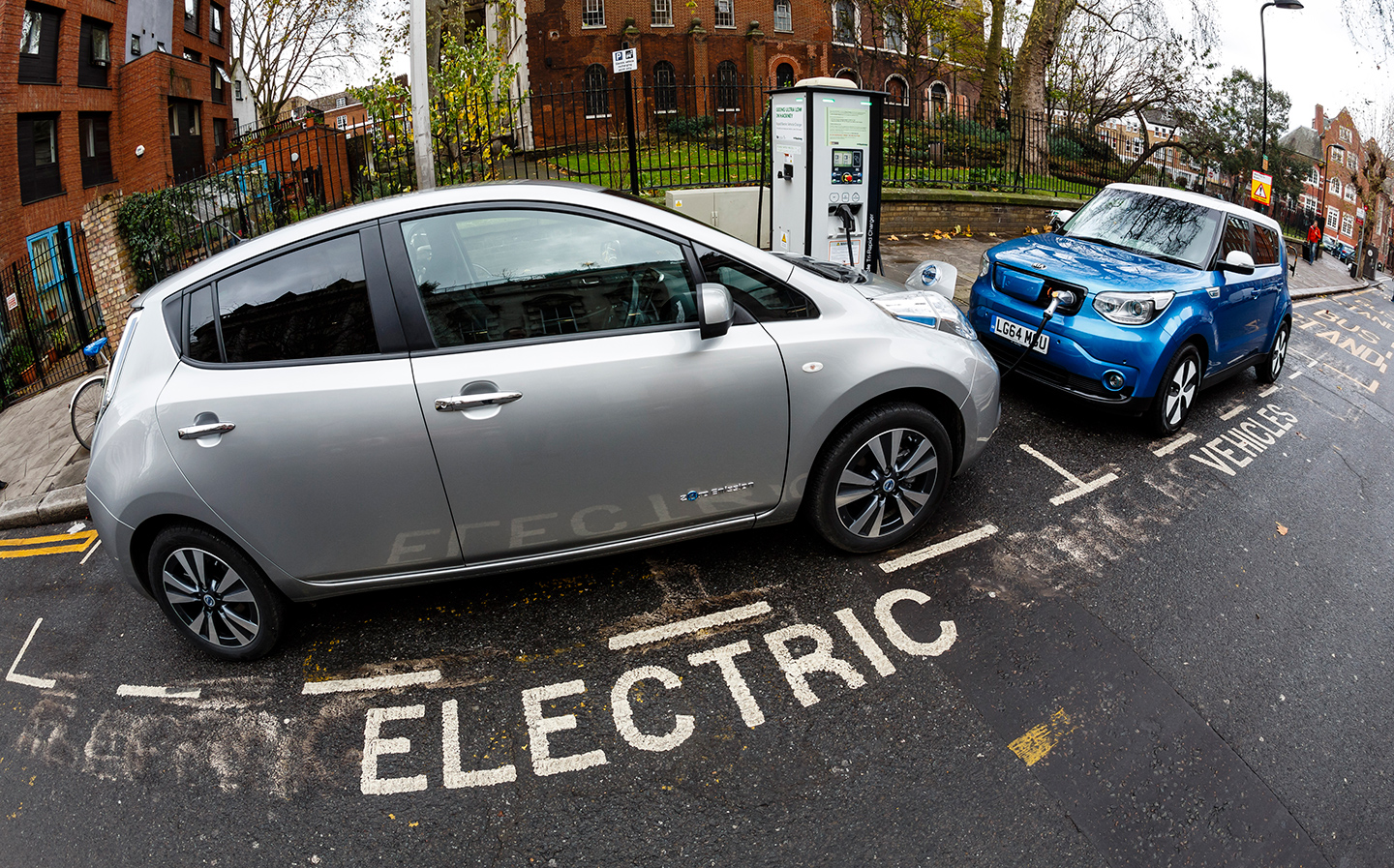Electric car drivers should use 'flexible charging' to save money and reduce drain on grid
Incentives to be in place by 2023, says energy regulator
THE UK energy regulator Ofgem has put forward new plans to reform the country’s energy system by 2023, in order for it to cope with an expected rise in electric vehicle (EV) ownership.
Spearheaded by new analysis from the regulatory body, Ofgem’s reformatory proposals mainly focus on providing incentives for EV drivers to use “flexible charging”, where owners replenish their vehicle’s batteries outside times of peak energy demand.
According to Ofgem, this will help “reduce the need for expensive new power stations and extra grid capacity to be built”, as well as allowing new energy storage options such as recycled batteries and even electric cars connected to the grid to feed back in to the National Grid during peak demand times.
Ofgem calculates at least 60% more electric vehicles in the UK could be recharged if flexible charging methods were adopted, in comparison to a scenario in which electric vehicles are only recharged during peak times.
The regulator also stressed that flexible charging methods would, in theory, result in lower energy prices for consumers. It says customers can save money on their energy bills by recharging their cars during periods of low demand (with the right “time of use tariff” prices being determined through the use of smart meters), as well as in instances where most of the electricity is being generated through renewable methods such as wind and solar power.
Ofgem’s executive director of systems and networks, Jonathan Brearley, said: “Ofgem is working with the government to support the electric vehicle revolution in Britain which can bring big benefits to consumers. Our reforms will help more users charge their electric vehicles and save them money.
“The proposals we have announced today will also harness the benefits of electric vehicles and other new technologies to help manage the energy system and keep costs down for all consumers.”
Tweet to @J_S_Allen Follow @J_S_Allen
How to generate and store power for electric cars and home use
UK Government confirms ban on conventional petrol and diesel cars in 2040





